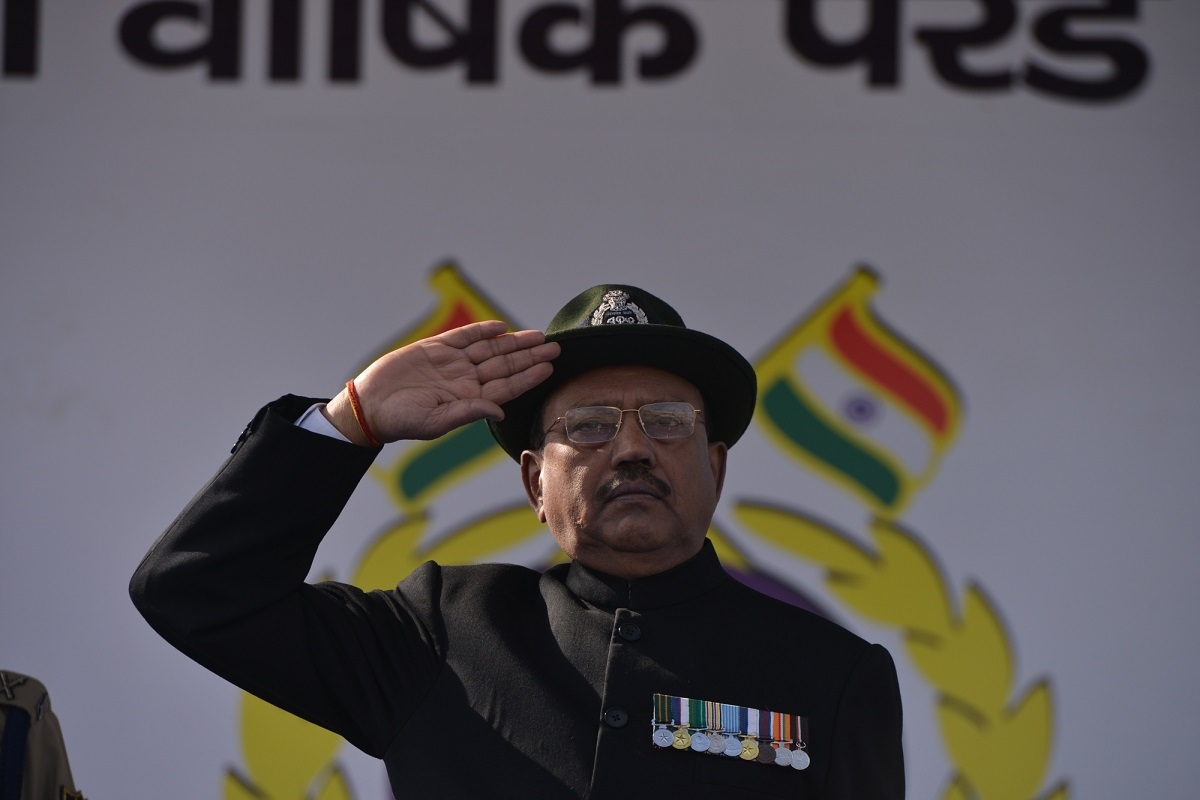National security is more than a military effort. Not for nothing did Atal Bihari Vajpayee select a former diplomat to head the National Security Council that was set up during his tenure as prime minister, and the majority of Brajesh Mishra’s successors have been from the diplomatic fold. For, there is a major diplomatic input into the formulation of a security policy that must not limit itself to a fauji perspective. Alas, by insisting that India will neither forgive nor forget Pulwama, the present NSA has indicated an inability to rise above his roots. It is true that his first public performance after Pulwama/Balakote came at a CRPF function so there had to be a police orientation to his offering, but surely Mr Ajit Doval must have been aware that a wider audience would have been monitoring his words, and would have done well to leave the sabre-rattling to others specifically tasked with that job. In echoing the political and military leadership’s obsession with “muscle”, Mr Doval did not live up to the elevated standards set by those who preceded him in that critical office. No doubt that Mr Doval would sail a somewhat different tack when addressing the government, but public speaking often paints a realistic picture, and given the complexities of India’s relations with its neighbours ~ not just China and Pakistan ~ a greater degree of restraint might have helped himself better play his multi-dimensional role. There is no dearth of politicians and generals (retired or otherwise) to roll the drums. Unless the political theory that meekness equates with weakness is now the regimen on Raisina Hill.
Insisting that India was capable of retaliation, Mr Doval said “What shall we do, what should be our intention, our path, our reaction, the country’s leadership is capable of deciding…whether the action is against terrorists or those who support these terrorists. We can face every kind of challenge,” he said. “World history is replete with examples of weak internal security mechanisms having led to the loss of independence, constitutional crises and collapse of governments. After World War II, of the 37 nations that faced such a crisis, 28 suffered it because of internal security problems. Therefore, the CRPF, as India’s lead internal security force, has an important role in ensuring peace, and law and order” The NSA praised the CRPF for moving from one conflict ~ or combat-theatre to another in a short time, and for being a very “credible” force to ensure law and order anywhere. As a pep talk to paramilitary personnel Mr Doval’s words were to be appreciated, yet given the present politically super-charged atmosphere his observations lend themselves to being interpreted as election oriented. When politicians are busy seeking to encash the public mood demanding retribution for Pak-sponsored terrorism, the government’s top advisor on security could have steered clear of populism. He has no need for the voters’ endorsement.
Advertisement











